The wheels of UK motorsport are slowly beginning to turn once again.
Last week, Motorsport Vision, the operator of Brands Hatch, Donington Park, Snetterton, Oulton Park, Cadwell Park and Bedford Autodrome, began a phased resumption of track days, run to a clear set of strict social-distancing guidelines. Meanwhile, the British Racing and Sports Car Club moved quickly following new advice from governing body Motorsport UK to release a fixture list of meetings running from July to October.
As in every walk of life, the emphasis on personal responsibility can’t be stressed enough for anyone stepping near a British racing track, because the consequences of such events triggering new cases of this infernal virus don’t bear thinking about. Beyond all-too-understandable trepidation, is it too early? Can it really be safe? Will people stick to the rules? There are myriad factors that make event organisation deeply complicated in these exceptional times.
Andrew Jordan, touring car star and historic racing enthusiast, is among those relishing a cautious return to the tracks. The 2013 British Touring Car Championship winner runs a thriving family business building, preparing and running both historic and modern racing cars, and he will be joining some of his clients to blow off the cobwebs. He has also booked in his historic Mini for Cadwell Park in the first week of July with seasoned racer, dad and Jordan Racing Team co-founder Mike “for a bit of fun” ahead of the condensed, nine-meeting BTCC schedule that’s due to kick off at Donington Park on 2 August. It’s all to help him get match fit.
A long and short view
Jordan has a mature perspective on UK motorsport’s prospects during and after this pandemic, thanks to his long career nurturing sponsors for BTCC drives since 2008 and the recent flourishing of business at JRT. He’s concerned, specifically from an economic point of view.
“Historic racing might be in a better position than modern racing, because the clientele are in a different position,” says Jordan. “In the BTCC, some are personally funded, but a lot are commercially funded by sponsors, which will put them in a tricky position. Will companies even have the money? If they do, will they want to be seen to be spending it on motorsport?

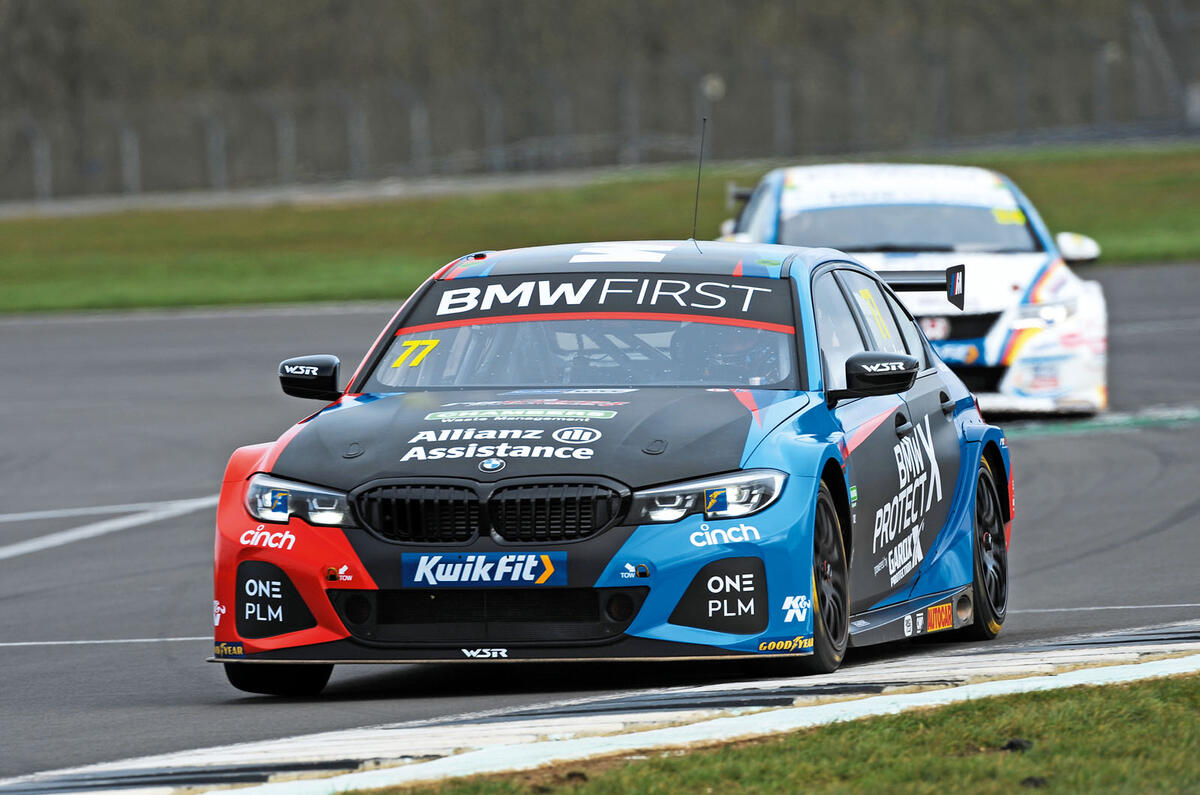
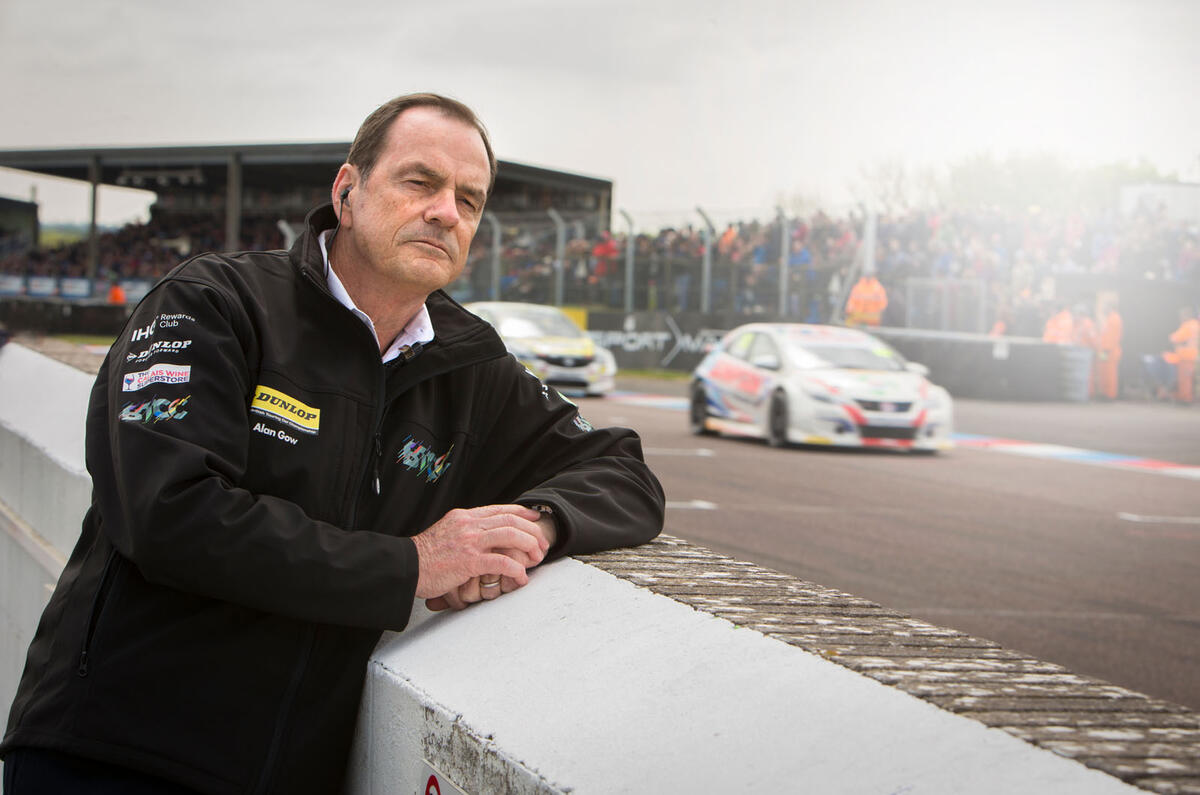
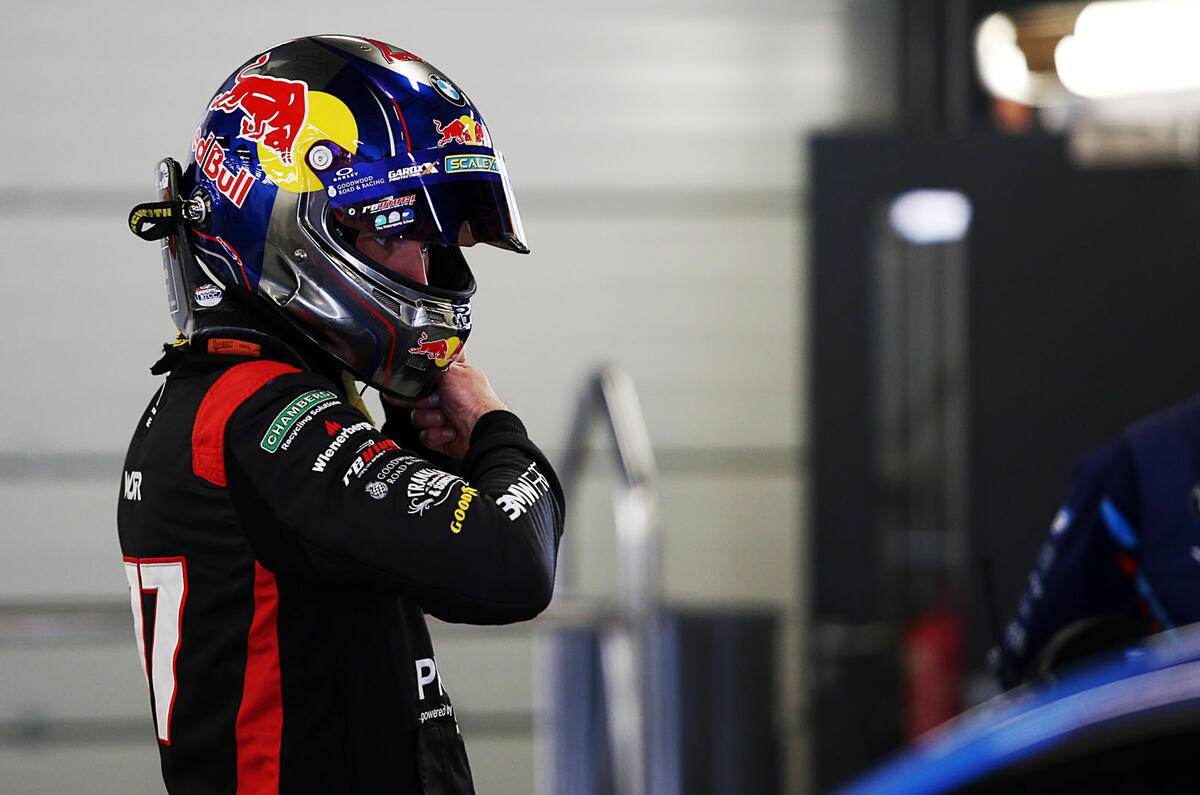
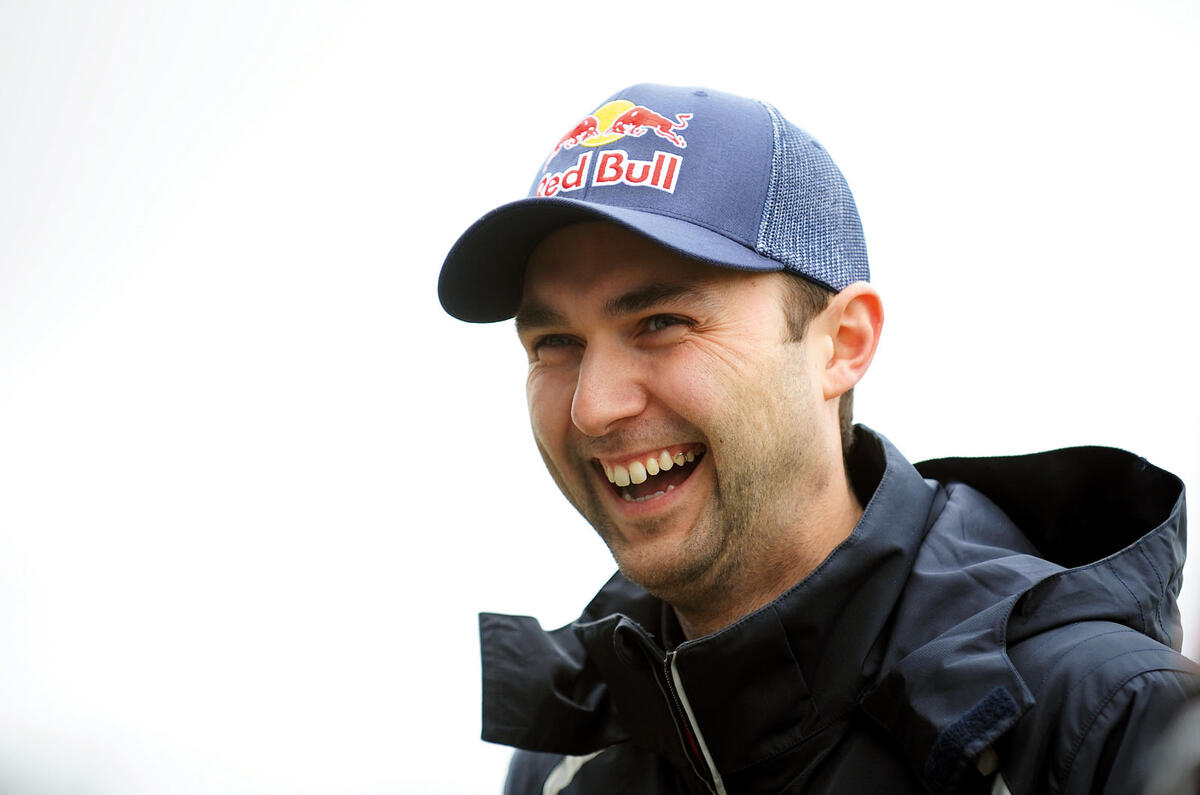
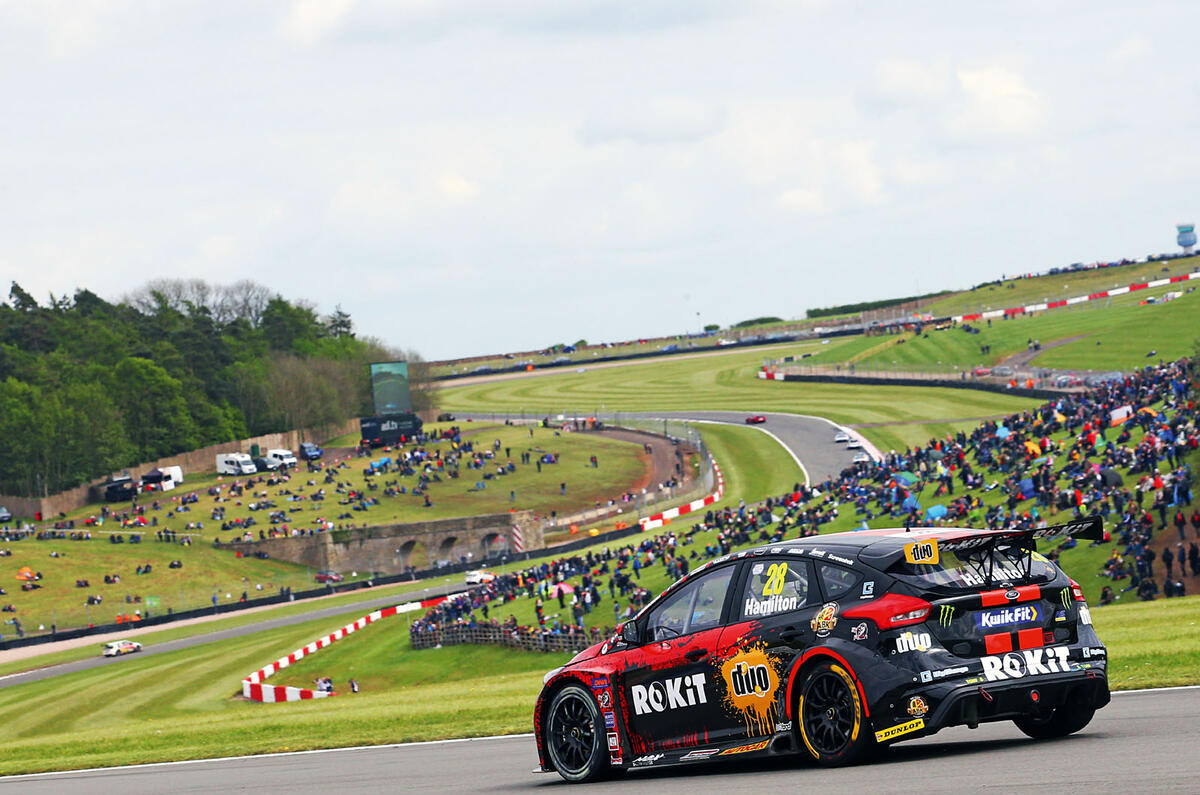
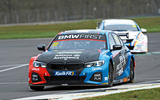
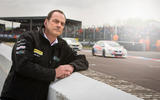
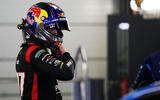
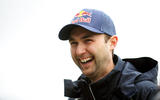



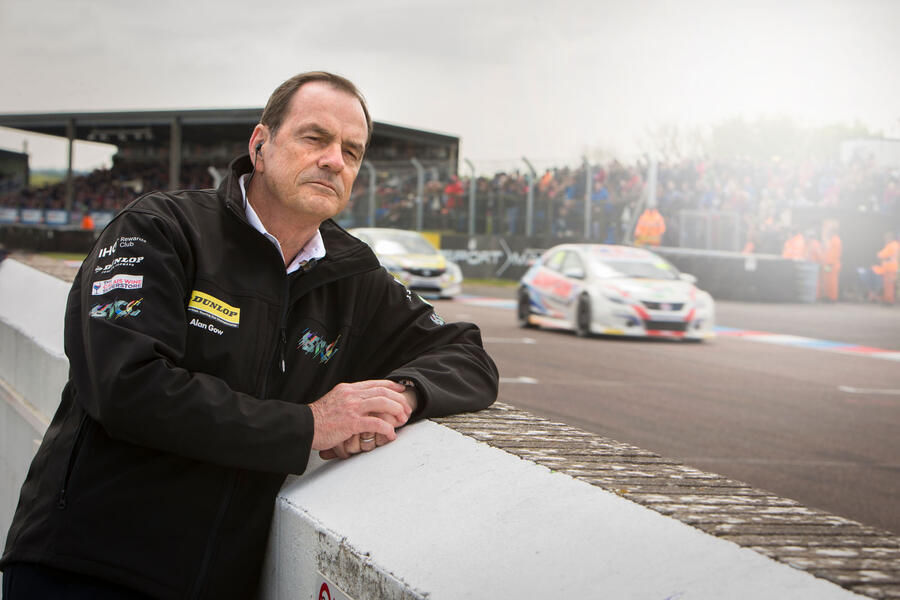



Join the debate
Add your comment
Spectator sports
Personally, I think the the nine rounds is too many, and, there should be no crowds, five rounds would be fine, make the televised so fans can watch at home, having people at an event would virtually be impossible, I mean how do a few thousand do social distancing?, the queuing for the Loo, or buying food, how much seat area would be needed?, there are endless things that'll need monitored, and that's before the ones who don't care about the social rule,no, have the races, but no crowds, boring for the drivers, nobody cheering them on.